The Miracle of the Little Prince profiles dedicated translators who use Antoine de Saint-Exupéry’s timeless and overwhelmingly emotional novella to help keep dying, frequently less spoken and documented languages alive.
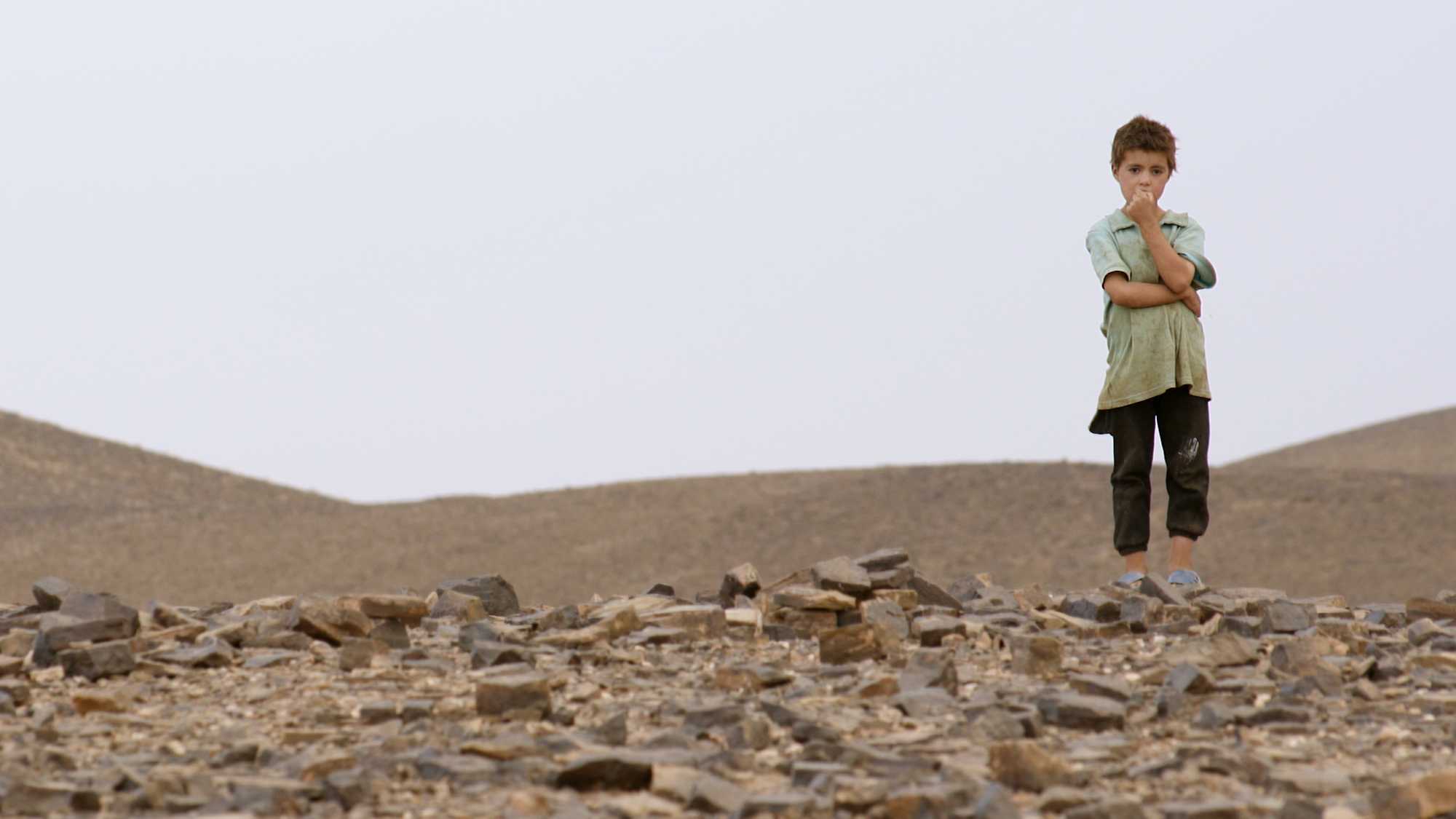
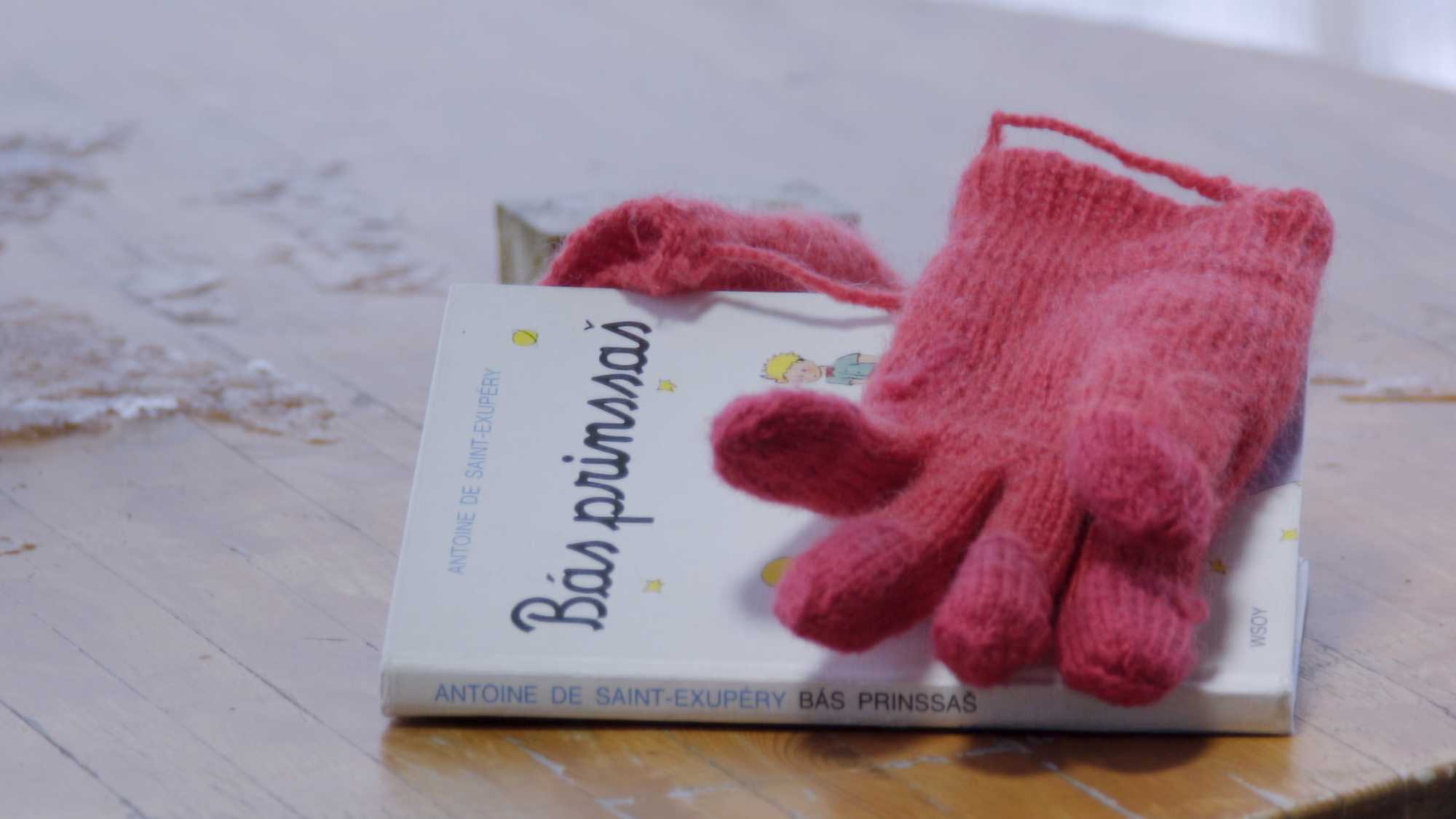
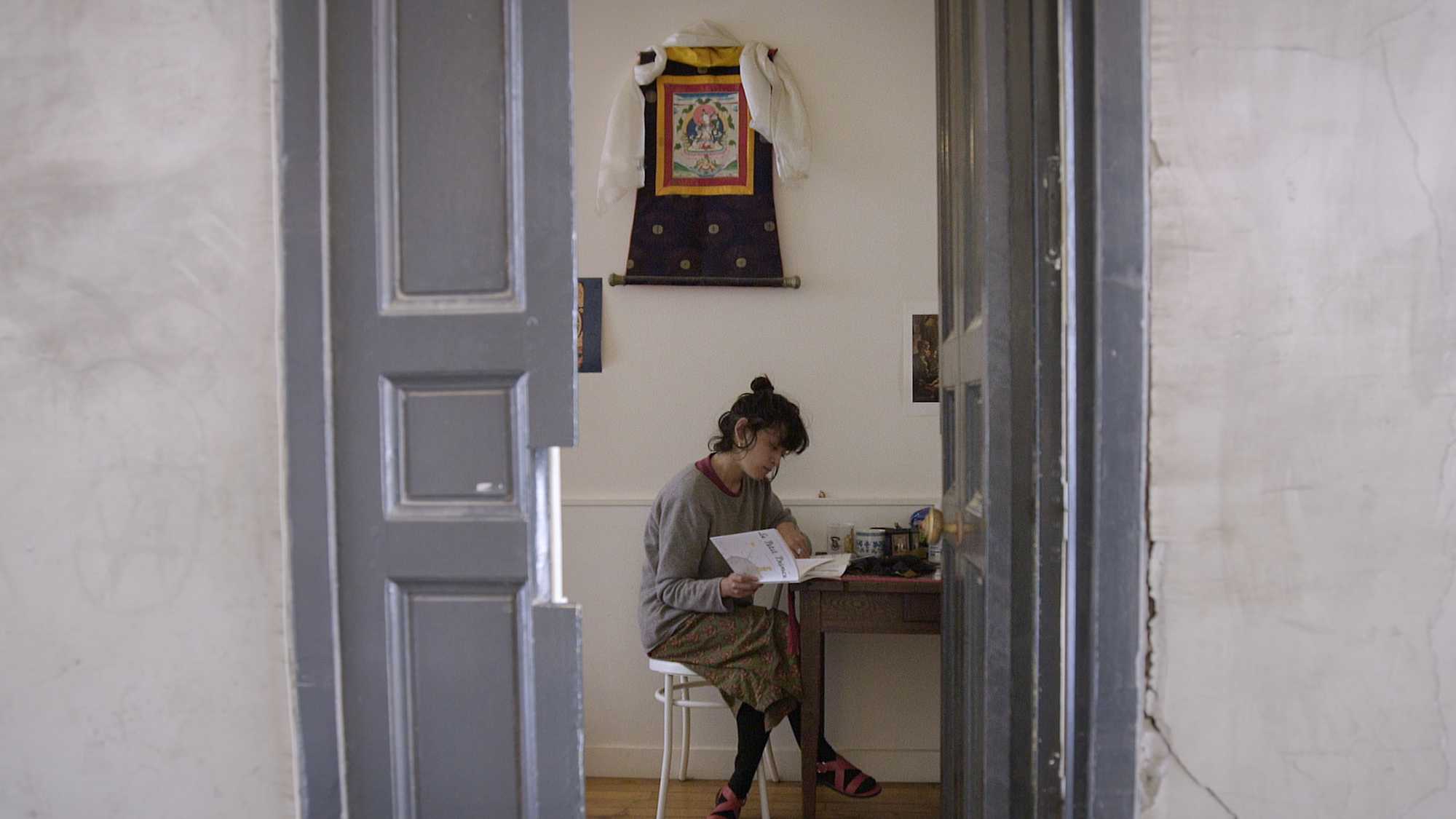
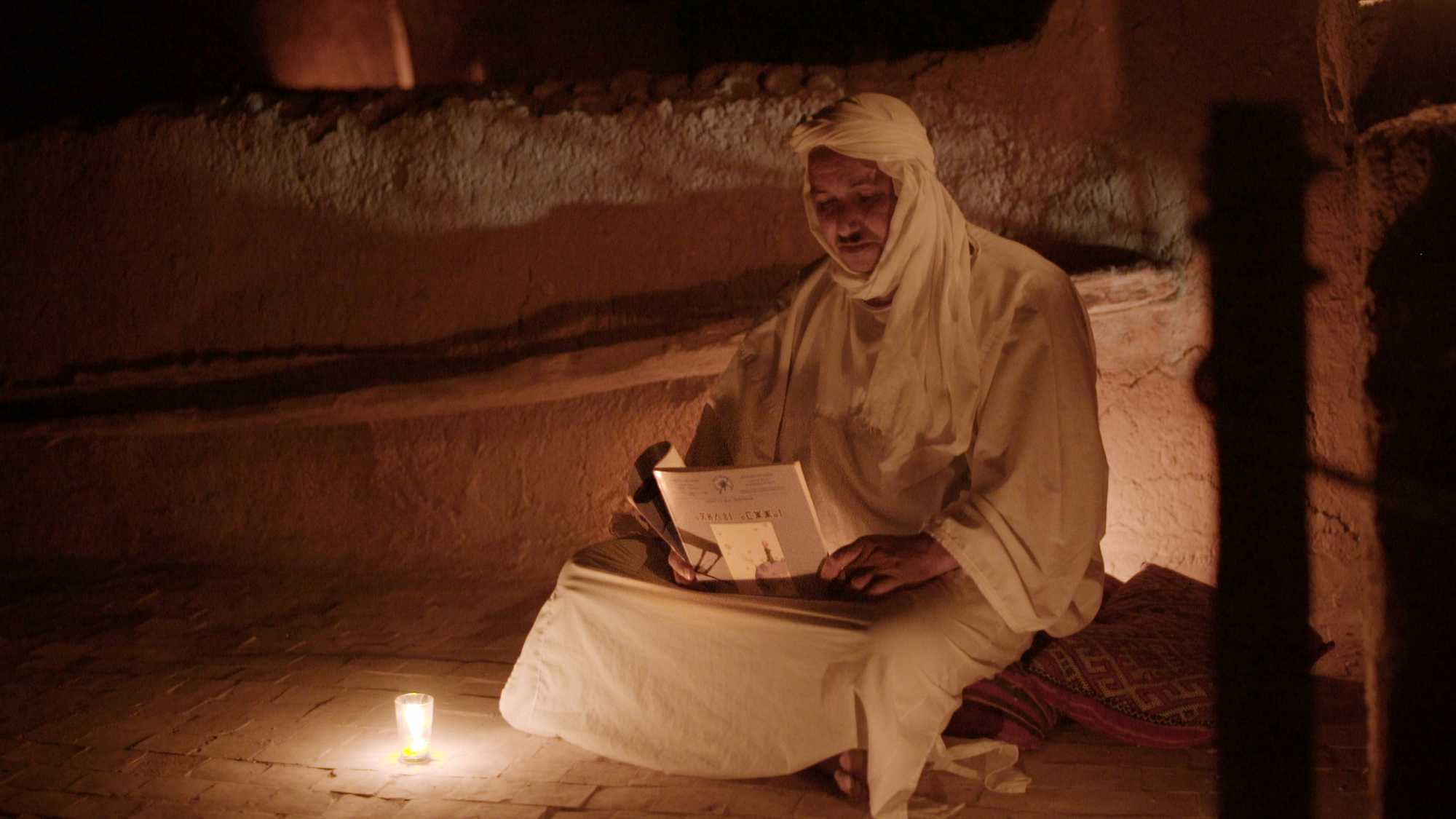
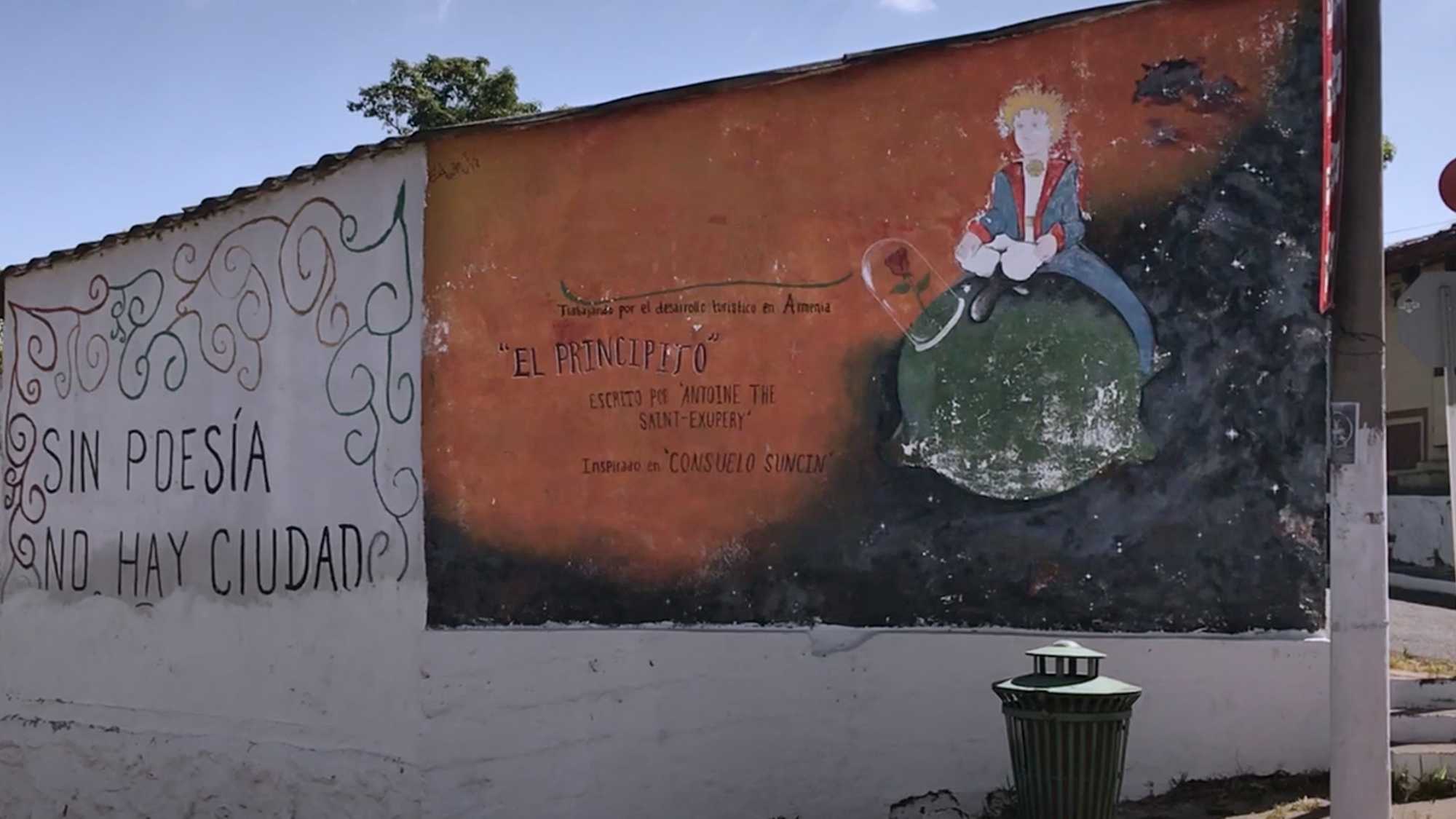
A film that inspires wonder – a testimony to the imagination and the solace and liberation it offers.
Screened as part of NZIFF 2019
The Miracle of The Little Prince 2018
Het Wonder van Le Petit Prince
The Little Prince by Antoine de Saint-Exupéry is the third most widely translated book in the world, after religious texts, with versions in 300 languages. Travelling from the Moroccan desert to Tibet, and the snow-laden region at the border between Norway and Finland to a village in El Salvador, this film focuses on several people whose encounter with the philosophical tale profoundly affected their lives.
Each of this gentle documentary’s subjects relate strongly to the character of the Little Prince, an alien creature, and his discovery of the Planet Earth, and they recount how their translations of the novella became a vehicle through which they rediscovered their native languages or prevented them from becoming extinct. Lahbib Fouad’s mother tongue was Tamazight, Morocco’s second language, but one barely written or read; as a child he was forced to speak Arabic, “a foreign language.” Sami-speaking Kerttu Vuolab was made to speak Finnish, she recalls how the experience made her feel “like someone had cut my throat.” Tashi Kyi and Noyontsang Lamokyab, Tibetan exiles living in Paris, cut off from their family and culture, are connected to their homeland through their translation into written Tibetan. And, accompanied by a few local women, Jorge Lemus labours in El Salvador to produce a Nahuat version. This indigenous Aztec language is now spoken by only about 300 people – Nahuat-speakers used to be threatened with death.
Through its diverse protagonists, the documentary eloquently argues that “if we fail to protect… languages we directly damage the diversity of the world.” — SR